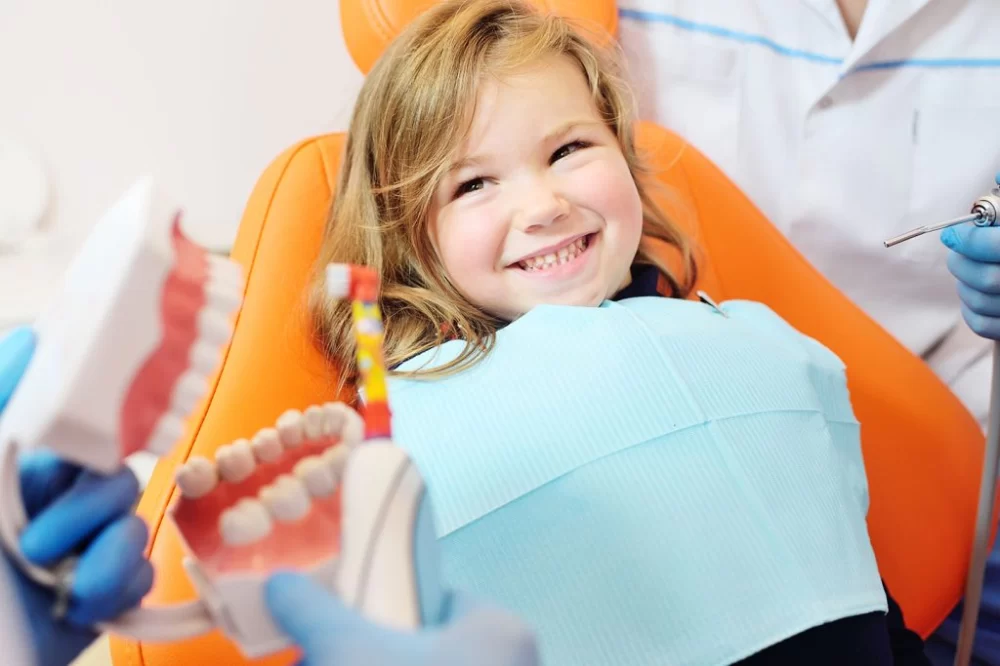
- Why Fluoride is Important for Toddlers
- How Fluoride Works to Prevent Cavities
- Recommended Fluoride Treatments for Toddlers
- Parental Guidance for Fluoride Use
- Common Mistakes to Avoid



Discover what dental crowns are, how they restore teeth, and the benefits they provide. Learn about the process, types of crowns, and how to care for them.

Learn about the important role of dental hygienists in maintaining oral health and how their services help prevent common dental issues such as gum disease and cavities.

Learn everything you need to know about root canal treatment. Understand when you might need one, the procedure, recovery, and my personal experience with root canal treatment.

Learn how to treat receding gums with effective treatment options and prevention tips. Discover the causes of gum recession and how to keep your gums healthy for a better smile.

Discover the benefits of using a Waterpik for dental health. Learn how this water flosser can improve your oral hygiene routine, prevent gum disease, and provide a healthier smile.

Discover how to handle a loose tooth in children with our comprehensive guide. Learn helpful tips for managing the situation and ensuring your child's comfort and oral health during this natural process.
 Burg Childrens Dentistry & Orthodontics - Oquirrh Park4.0 (1027 review)
Burg Childrens Dentistry & Orthodontics - Oquirrh Park4.0 (1027 review) Tacoma Endodontic Studio4.0 (243 review)
Tacoma Endodontic Studio4.0 (243 review) Rick Lacuesta, DDS2.0 (4 review)
Rick Lacuesta, DDS2.0 (4 review) Greencastle Dental4.0 (653 review)
Greencastle Dental4.0 (653 review) Jason B. Ziemer, DDS5.0 (1 review)
Jason B. Ziemer, DDS5.0 (1 review) Hamilton Mill Orthodontics4.0 (27 review)
Hamilton Mill Orthodontics4.0 (27 review)  The Importance of Oral Health Education During Pregnancy for a Healthy Pregnancy
The Importance of Oral Health Education During Pregnancy for a Healthy Pregnancy Best Tips for Brushing Your Teeth Properly for Healthy Gums: Essential Techniques for Oral Health
Best Tips for Brushing Your Teeth Properly for Healthy Gums: Essential Techniques for Oral Health Why Skipping Dental Checkups Can Lead to Bigger Oral Health Problems
Why Skipping Dental Checkups Can Lead to Bigger Oral Health Problems Advantages of Porcelain Dental Restorations
Advantages of Porcelain Dental Restorations How Can Diabetes Cause Tooth and Gum Problems? Preventing and Managing Oral Health Issues
How Can Diabetes Cause Tooth and Gum Problems? Preventing and Managing Oral Health Issues Healthy Habits for Promoting Good Oral Health and Hygiene: Tips for a Healthy Smile
Healthy Habits for Promoting Good Oral Health and Hygiene: Tips for a Healthy Smile